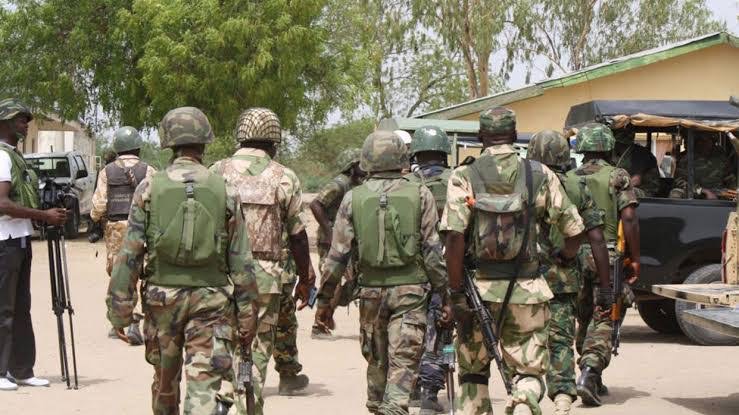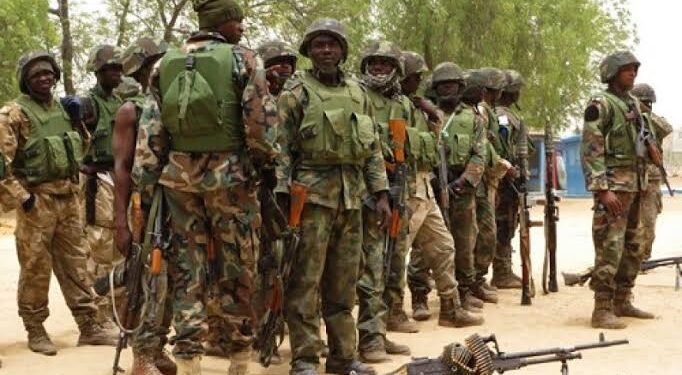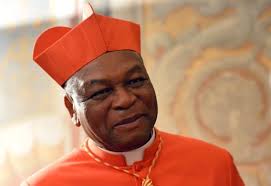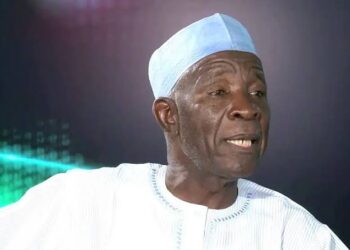The Nigerian Army has provided a detailed explanation regarding the tragic death of a 16-year-old protester named Ismail Mohammed, who was killed by a soldier in Samaru, located in the Sabon Gari Local Government Area of Kaduna State.
On 6 August, the Nigerian Army received an urgent report about a disturbance in Samaru. The report indicated that a large group of people, referred to as hoodlums, had assembled in the area. These individuals were reportedly engaging in disruptive activities, such as burning tires on the roads and throwing stones at security personnel who were trying to maintain order.

In response to the escalating situation, the Army swiftly mobilized a team of troops and dispatched them to the location. Their primary objectives were to disperse the unruly crowd and enforce a curfew that had been established by the state government to ensure public safety. Upon arrival, the soldiers encountered significant resistance from the protesters, who attempted to advance toward them aggressively.
In an effort to control the situation and prevent further violence, one of the soldiers fired a warning shot. The intention behind this action was to disperse the crowd without causing harm. However, the shot tragically struck and killed Ismail Mohammed, the 16-year-old boy. The incident has been deeply regrettable, and the Nigerian Army has expressed its condolences over the loss.
The soldier who discharged the weapon has been apprehended and is currently undergoing a thorough investigation to understand the circumstances that led to this unfortunate outcome. The Army is committed to ensuring a transparent and comprehensive review of the incident to address any potential issues and prevent future occurrences.
Lt.-Gen. Taoreed Lagbaja, the Chief of Army Staff, has conveyed his profound sadness regarding the event. In response to the tragedy, he has sent a high-level delegation to offer support and condolences to Ismail Mohammed’s family. This delegation was led by Maj.-Gen. Lander Saraso, the General Officer Commanding the 1 Division of the Nigerian Army. The visit was aimed at expressing solidarity with the bereaved family and providing them with support during this difficult time.
The burial of Ismail Mohammed was conducted in accordance with Islamic rites, reflecting the family’s traditions and customs. The ceremony was attended by senior military officials from the Nigerian Army, who came to pay their respects and demonstrate their empathy and support for the family.
The Army’s handling of the situation has sparked discussions and concerns about the use of force in managing public disturbances. The ongoing investigation is expected to shed light on the incident and contribute to improving protocols for such situations in the future. The Nigerian Army remains committed to transparency and accountability as it seeks to address the ramifications of this tragic event and ensure justice is served.



































